
The University of Iowa
and Department of Ophthalmology and Visual Sciences
Updated November 2023; Original April 17, 2017
Vision enhancement technology is changing at a rapid pace. With this in mind, the information in this document will be updated as often as possible.
Smart phones and tablets are helping people with vision loss do many things that in the past had to be done with more costly, stand-alone assistive devices.
The iPhone and iPad are currently the best devices available for people with reduced vision or who are blind. This is because both devices have built in accessibility options including VoiceOver, a screen reader that lets a person know auditorally what is happening on their multi-touch screen and helps the person navigate the screen even if they have no vision. Additionally, the IPhone and IPad have Siri for voice commands.
VoiceOver and a number of other accessibility options on the IPhone and IPad can be activated by going to Settings, next General followed by Accessibility. In Accessibility, you will find a variety of vision enhancing as well as speech options.
With VoiceOver on the IPhone and IPad, you can run your finger over the screen and the phone will name the app you are touching.
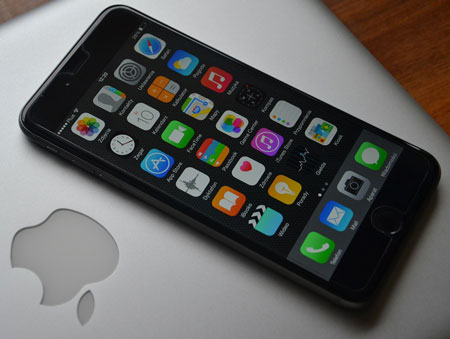
Accessibility options for Android devices is also built into their operating system.
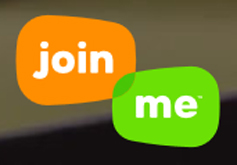
JoinMe is one of several apps that can be used in the classroom or any other place where an electronic whiteboard is being used that is hooked up to a projector or a computer. With this app, the person with vision loss can view what is being presented on the electronic white board on their smart phone or tablet.
For additional information on the go to www.join.me
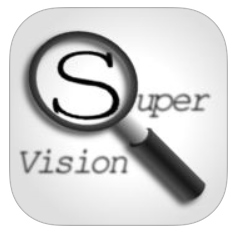
Free app for making the iPhone or iPad work like a video magnifier.
With a docking stand, an iPad and the SuperVision app, your iPad can become a stand-alone video magnifier.
For additional information on the go to (Apple App Store) | (Play Store)
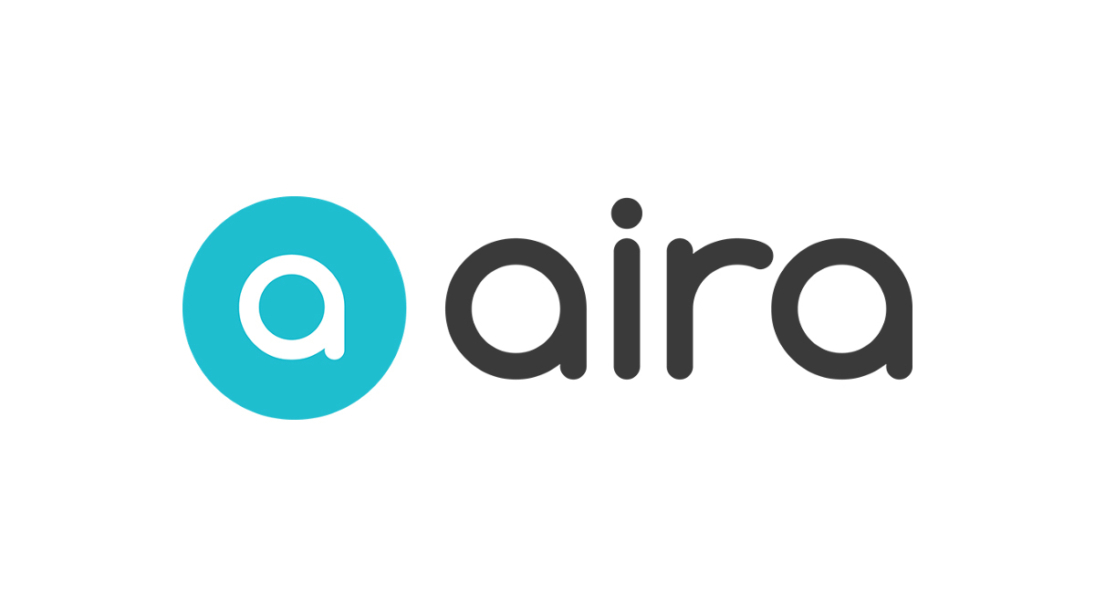
Aira app provides real time assistance with a live person. They have a free version for limited daily use and a fee-based version for greater use.
Available for both Apple and Android devices. For additional information www.aira.io
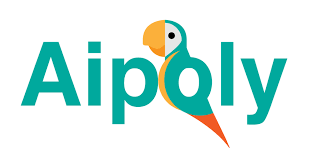
Uses artificial intelligence to name objects the camera is pointed at. Cost is $5.00 per month. Can be used with no internet connection.
Available for both Apple and Android devices. For additional information www.aipoly.com

This is an object identifier app.
For additional information on the go to (Apple App Store) | (Play Store)

KNFB reader app is a $99.00 text to speech app for the Apple or Android devices. It can read PowerPoint slides from 25’ away.
For additional information on the go to (Apple App Store) | (Play Store)
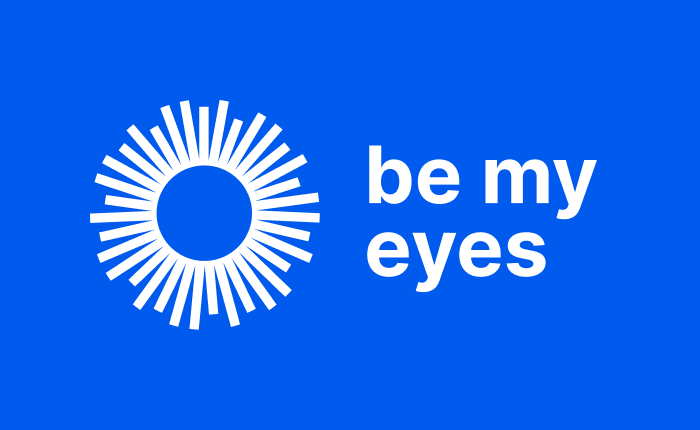
a video support app for both Apple and Android devices that uses a live person to assist with visual tasks.
For additional information on the go to www.bemyeyes.com

A video support app for both Apple and Android devices that uses Artificial Intelligence to assist with visual tasks by fully describing the scene in front of the camera.
For additional information on the go to www.bemyeyes.com

This app is like BeMyEyes, but a family member is used versus a trained volunteer to describe the scene in front of the camera.
For additional information on the go to (Apple App Store)

Free iPhone app for naming currency.
For additional information on the go to (Apple App Store)
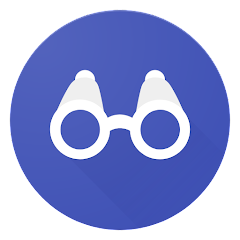
Free app similar to Seeing AI for Android devices.
For additional information on the go to (Play Store)

Another magnifier app for Android devices.
For additional information on the go to (Play Store)

App for Apple or Android devices is a free app that uses a person’s smart phone camera to speak out written information, describe surroundings and object and tell who is nearby.
For additional information on the go to letsenvision.com
The Bureau of Engraving and Printing (BEP), in partnership with the Library of Congress' National Library Services for the Blind and Physically Handicapped (NLS), launched the free U.S. Currency Reader Program in 2015 as a means for blind or visually impaired individuals to denominate U.S. currency.
The currency reader, called iBill®, is a small hand-held device that denominates all U.S. currency in circulation in one of three modes: a clear natural voice, a pattern of tones, or a pattern of vibrations for privacy. The vibration mode also assists people who are deaf and blind in identifying a note’s denomination. The device uses a single AAA battery, which is included.
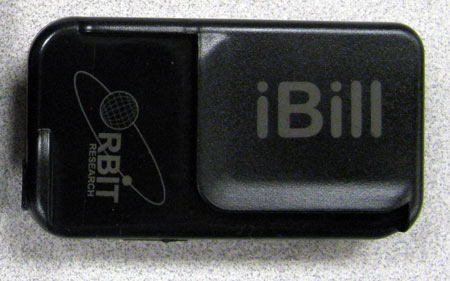
Currency reader applications are processed, and readers are shipped by the National Library Service – Library of Congress, which also administers a free library program of braille and audio materials for U.S. residents and citizens living abroad.
To request a free currency reader, individuals should complete the application located on Bureau of Engraving and Printing's (BEP) website at www.bep.gov/uscurrencyreaderform.html or call (844) 815-9388, toll free to request an application be mailed.
Music Zoom ($19.95) is an iPad app specifically designed for musicians who are visually impaired. It allows the musician to view their music with as much magnification as they need. And, using a wireless foot switch, they can advance through their music while keeping both hands on their instrument.
Simple menus with large fonts and high contrast controls allow the musician to customize the appearance of their music to best suit their needs. They can adjust the magnification to make the music as big as they want/need it. If white on black contrast is easier to see, tapping the “invert colors” button will switch to reversed contrast. The scrolling speed of the music and working distance can be matched to each musicians’ preferences and the demands of the piece.
A wide variety of IPad mounts exist, allowing the musician to attach their IPad to a standard microphone boom stand if desired. This will enable the musician to position their IPad at a comfortable viewing distance, while not obstructing their instrument.
For more information, visit www.MusicZoomApp.com.
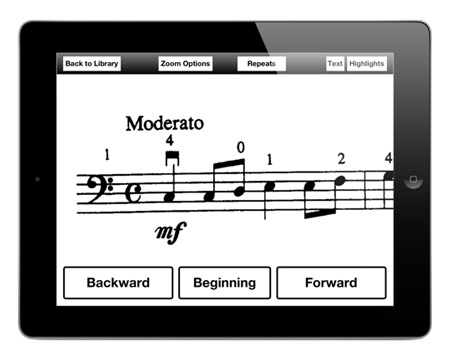
NFB-NEWSLINE is a free service available to anyone who is blind, visually impaired or print-disabled. It offers over 400 publications to choose from, including ten national newspapers like the Wall Street Journal and USA Today, sixteen breaking news sources such as CNN, BBC and ESPN Online, fourteen international newspapers including Financial Times and Vancouver Sun, and countless state newspapers, as well as fifty magazines like Family Circle, Time, Consumer Reports, Jet, Guideposts, Smithsonian and more. NFB-NEWSLINE also offers emergency weather alerts, seven day forecasts and more.
There are a number of access methods including touch-tone telephone, a free mobile app for iPhone, iPad and iPod, on Demand emails, a secure website, and a variety of portable players including the NLS Talking Book player and Victor Reader Stream.
To subscribe call (866) 504-7300 or visit: www.nfbnewslineonline.org/signup.htm
ABBYY TextGrabber: is a $4.99 app that scans, translates, and saves your chosen text or QR-codes from virtually any printed material. Simply take a picture of the text in 60+ languages or QR-codes and immediately hear it spoken aloud via VoiceOver. Can translate it to/from 100+ languages.
Voice Dream Reader is a portable text to speech app that reads PDF, word documents, eBooks, articles, and web pages. For additional information, go to www.voicedream.com
Applevis at www.applevis.com is the Apple community-powered website for user’s who are blind or visually impaired using Apple's range of Mac computers, the IPhones, IPad, IPod Touch, Apple TV and Apple Watch.
Video support for a variety of products, including:
Can be found at https://hadley.edu/InstructionalVideos/
Also available from Hadley are videos on the following subjects:
Audio clips on the above subjects are available free of charge on CD, DTB cartridge, and thumb drive. Call 800-323-4238 to order them.
Udemy at www.udemy.com/courses/offers free online courses for accessible options on iDevices and Android devices.
LookTel at www.looktel.com offers a VoiceOver tutorial to teach you how to use VoiceOver.
Additionally, LookTel has the following iDevice apps; Money Recognizer, Recognizer (for objects), and Breadcrumbs GPS (to help with mobility).
For additional information go to
http://webeye.ophth.uiowa.edu/eyeforum/tutorials/vision-rehabilitation-technology/index.htm